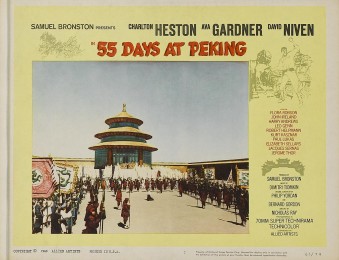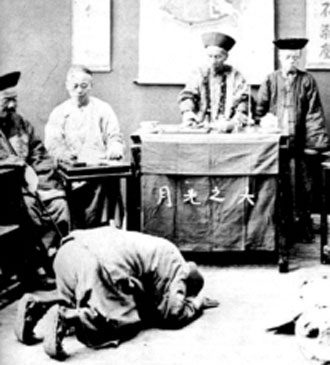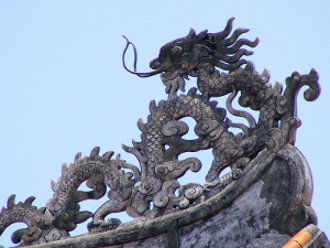 Hong Kong’s activists are relying on a free app that can send messages without any mobile phone connection.
Hong Kong’s activists are relying on a free app that can send messages without any mobile phone connection.
The move comes about because of fears that the Chinese government would block local phone networks to stop protestors organising.
However activists have turned to the FireChat app to send supportive messages and share the latest news. The app was downloaded more than 100,000 times in Hong Kong, its developers said.
FireChat uses “mesh networking,” that allows data to zip directly from one phone to another via Wi-Fi or Bluetooth. Ordinarily, if two people want to communicate this way, they need to be close together. However, as more people join in, the network grows and messages can travel further.
Mesh networks were designed for people who are caught in natural disasters or, like those in Hong Kong, protesting under tricky conditions. FireChat came in handy for protesters in Taiwan and Iraq this year.
However Hans-Christoph Steiner at The Guardian Project, which helps activists circumvent censorship, warns that Firechat has no built-in encryption, so messages can be read by anyone within range.
FireChat has said it aims to add encryption in the future. Bluetooth communications come with an identifier called a MAC address, which could also be used to track down protest ringleaders.
Chinese authorities could also use radio jamming to shut down mesh networks in a local area, or prevent more people from joining by cutting off access to app stores.

















